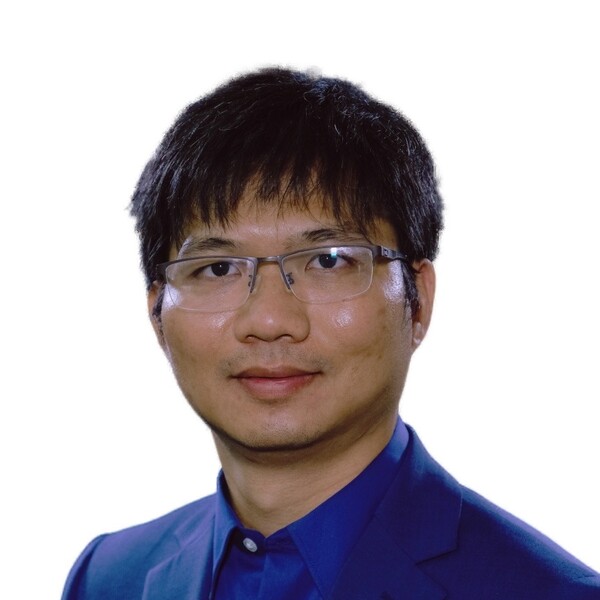Main Second Level Navigation
Chao Zheng
Ph.D.

Qualification
- PhD, Organic Chemistry, Peking University
Dr. Chao Zheng is an independent scientist at the Brain Health Imaging Centre and the Azrieli Centre for Neuro-Radiochemistry at the Centre for Addiction and Mental Health (CAMH). He is also an assistant professor of Psychiatry and of Pharmacology and Toxicology at the University of Toronto.
Prior joining CAMH/University of Toronto, Dr. Zheng held a research junior faculty position as an associate research scientist at the Yale School of Medicine, Yale University, from 2021 to 2023. Dr. Zheng was trained in organic and medicinal chemistry, radiochemistry, PET neuroimaging, and molecular imaging in neuroscience. Prior to 2021, he gained valuable experience through two postdoctoral training positions: one at Massachusetts General Hospital/Harvard Medical School in molecular imaging and the other at Yale University in the field of PET neuroimaging. He obtained his bachelor's degree in chemistry from the University of Science and Technology of China (USTC), and his PhD degree in organic chemistry from Peking University. The Zheng research group focuses on the development and application of innovative radiopharmaceuticals for the diagnosis and assessment of treatment in neuropsychiatric and neurodegenerative disorders. Dr. Chao Zheng’s research program has specific objectives: 1) Discovery of cutting-edge radiopharmaceuticals for brain imaging applications; 2) Developing and applying novel PET imaging methods that directly capture biochemical or phenotypic changes in vivo. This involves integrating disciplines such as medicinal chemistry, radiochemistry, quantitative PET imaging from in vitro and preclinical in vivo studies, and pharmacology.
